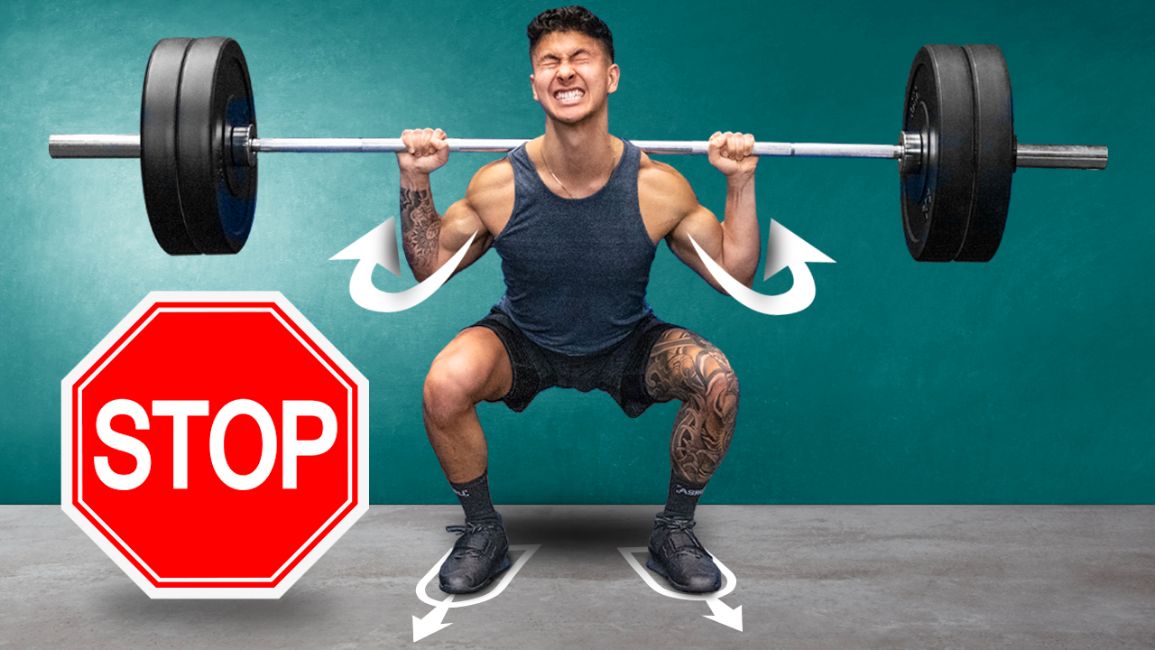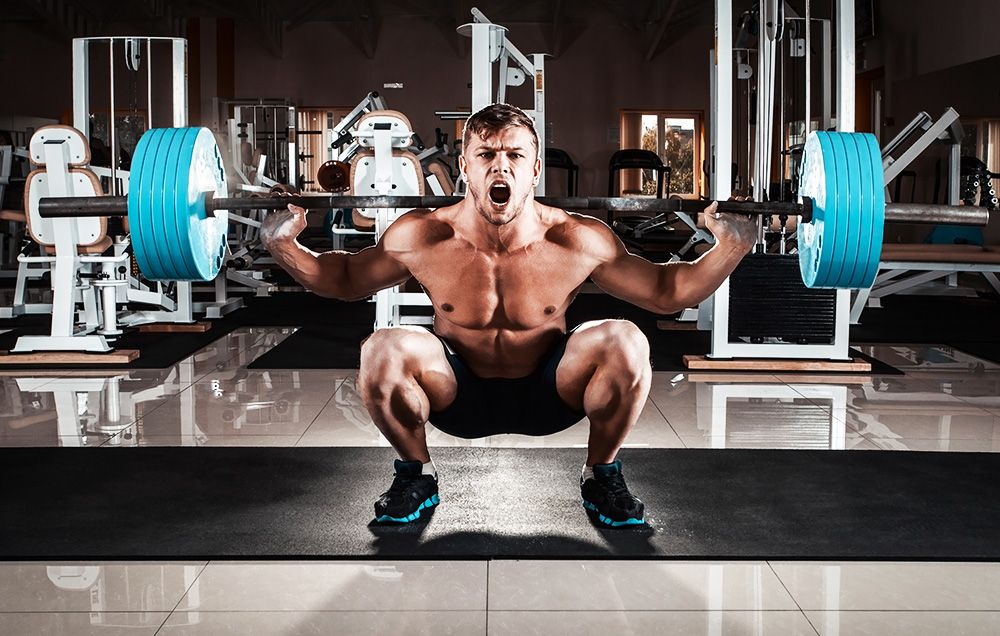When Should You Avoid Doing Squats: Important Considerations
Why You Do Not Need To Do Squats!? | Dorian Yates Shares
Keywords searched by users: When should you not do squats when should you stop doing squats, dangers of doing squats, 10 benefits of squats, effects of squats on buttocks, benefits of squats sexually, are squats bad for you reddit, should i squat, squats benefits for weight loss
Can Squats Be Done Anytime?
Squats are a versatile exercise that can benefit everyone, regardless of their fitness level or location. While it can be daunting to witness a bustling gym environment with many people gathered around the free weight section, it’s crucial to recognize the advantages of incorporating squats into your fitness routine. One of the remarkable aspects of squats is their flexibility—they can be performed virtually anywhere and at any time. Whether you’re at home, in a gym, or even outdoors, squats offer a convenient way to work on your lower body strength and overall fitness. So, don’t be discouraged by crowded gym spaces; remember that squats can be seamlessly integrated into your exercise regimen, making them a versatile and accessible choice for fitness enthusiasts. (Published on October 17, 2022)
Why You Should Avoid Squats?
Understanding the Potential Risks of Squats:
Squats are a popular exercise in many fitness routines, but it’s essential to be aware of potential drawbacks. Here are 10 reasons why some individuals may choose to avoid squats:
-
Risk to Knee Health: Squats can put stress on the knees, potentially leading to discomfort or injury if not executed with proper form.
-
Pressure on the Spine: In traditional barbell squats, a heavy load is placed on the upper back and spine, which may not be suitable for everyone and can increase the risk of back problems if not performed correctly.
-
Alternative Leg Workouts: Building strong, muscular legs can be achieved through various exercises, and squats are not the only option.
-
Emphasis on the Lower Back: While squats target the legs, they also engage the lower back muscles significantly, which may not align with the desired focus of a leg workout.
-
Limited Sports Performance Improvement: Depending on your specific sports goals, squats may not directly translate to enhanced performance in certain athletic activities.
It’s crucial to consider these factors when incorporating squats into your fitness routine. Understanding your fitness goals and body’s needs can help you make informed decisions about whether squats are a suitable exercise for you.
What Are The Disadvantages Of Squats?
Disadvantages of Squats: Understanding the Potential Risks
Squats are a highly effective exercise for building strength and muscle in your lower body, but it’s important to be aware of their potential drawbacks to ensure a safe and productive workout. Here are some key disadvantages associated with squats:
-
Shoulder Strain: One common issue is the risk of straining your shoulders, especially when you’re supporting a heavy barbell on your upper back. To mitigate this risk, proper form and technique are essential, along with gradually increasing the weight as your strength improves.
-
Getting Stuck: Another concern is the possibility of getting stuck at the bottom of a squat, unable to return to the starting position. This can happen if you push yourself too hard or use improper form. It’s crucial to start with manageable weights and practice proper squatting technique to avoid this scenario.
-
Knee Injuries: Improper knee alignment during squats can lead to knee injuries. If your knees move too far inward or outward during the exercise, it can put unnecessary stress on the joint. Focus on keeping your knees in line with your toes to reduce the risk of injury.
-
Spotter Assistance: Depending on your experience and the weight you’re lifting, you may need a spotter. A spotter can provide support and assistance in case you struggle to complete a squat safely. It’s advisable to have a spotter when attempting near-maximum lifts.
In summary, while squats offer numerous benefits, such as building leg strength and enhancing overall fitness, it’s crucial to be aware of these potential disadvantages. By practicing proper form, gradually increasing weight, and taking necessary precautions, you can minimize the risks associated with squats and make the most of this effective exercise.
Top 39 When should you not do squats





:max_bytes(150000):strip_icc()/squat-alternatives-for-knee-pain-2000-f102c5a8956d42398c94b4c64ec9a29c.jpg)

Categories: Top 35 When Should You Not Do Squats
See more here: b1.brokengroundgame.com

People with back injuries should avoid squatting. Squats can put a lot of tension on your lower back and can lead to an injury if performed with an improper form. Squatting with back problems is asking for trouble.Squatting is, and should be, for everyone. Whilst going to the gym and seeing a crowd around the free weight section can be intimidating, it’s important to understand the benefits of squats. Squats can be done anywhere, anytime!Squat cons
You can strain your shoulders if you’re supporting a heavy barbell. There’s a risk of getting stuck at the bottom of a squat and not being able to get back up. You risk injuring your knees if your knees move too far in or out during the exercise. You may need a spotter.
- Squats Hurt Your Knees. …
- Squats Require You to Place a Loaded Barbell on Top of Your Spine! …
- You Don’t Need Squats to Build Muscular, Strong Legs. …
- The Back Squat is More of a Low-back Exercise than a Leg Exercise Anyway. …
- It Won’t Help Your Performance in Sports.
Learn more about the topic When should you not do squats.
- 5 Reasons Why You Should Never Squat – Generation Iron
- What are the Benefits of Squats? – Anytime Fitness
- 10 Reasons Squats Are A Terrible Exercise – Bodybuilding.com
- Leg Press vs. Squat: Which One Is Best Suited to Your Fitness Goals?
- Back Pain After Squats? Here’s How to Do Them Right – HSS
- 6 Exercises to Do After Sitting All Day
See more: https://b1.brokengroundgame.com/media/

